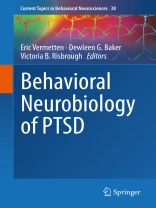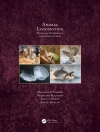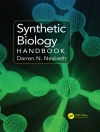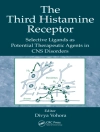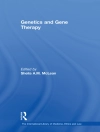This volume focuses on the behavioral neuroscience that supports our understanding of the neurobiology of trauma risk and response. The collection of articles focuses on both preclinical and clinical reviews of (1) state-of-the-art knowledge of mechanisms of posttraumatic stress disorder (PTSD) and co-occurring disorders, (2) the biological and psychological constructs that support risk and resiliency for trauma disorders, and (3), novel treatment strategies and therapeutics on the horizon.
Tabla de materias
Developmental Contributors to Trauma Response: The Importance of Sensitive Periods, Early Environment, and Sex Differences.- Micro RNAs in Post-traumatic Stress Disorder.- Animal Models of PTSD: A Critical Review.- Integrating NIMH Research Domain Criteria (RDo C) into PTSD Research.- Neurocognition in PTSD: Treatment Insights and Implications.- Neurobiological Programming of Early Life 1 Stress: Functional Development 2 of Amygdala-Prefrontal Circuitry 3 and Vulnerability for Stress-Related 4 Psychopathology.- Subanesthetic dose Ketamine in Posttraumatic Stress Disorder: A Role for Reconsolidation during Trauma-focused Psychotherapy?.- Emerging approaches to neurocircuits in PTSD and TBI: Imaging the interplay of neural and emotional trauma.- PTSD and sleep: focus on fear learning processes.- The future of contextual fear learning for PTSD research: A methodological review of neuroimaging studies.- Dissociative subtype PTSD; research update on clinical and neurobiological studies.- Does Anhedonia Presage Increased Risk of Posttraumatic Stress Disorder?.
